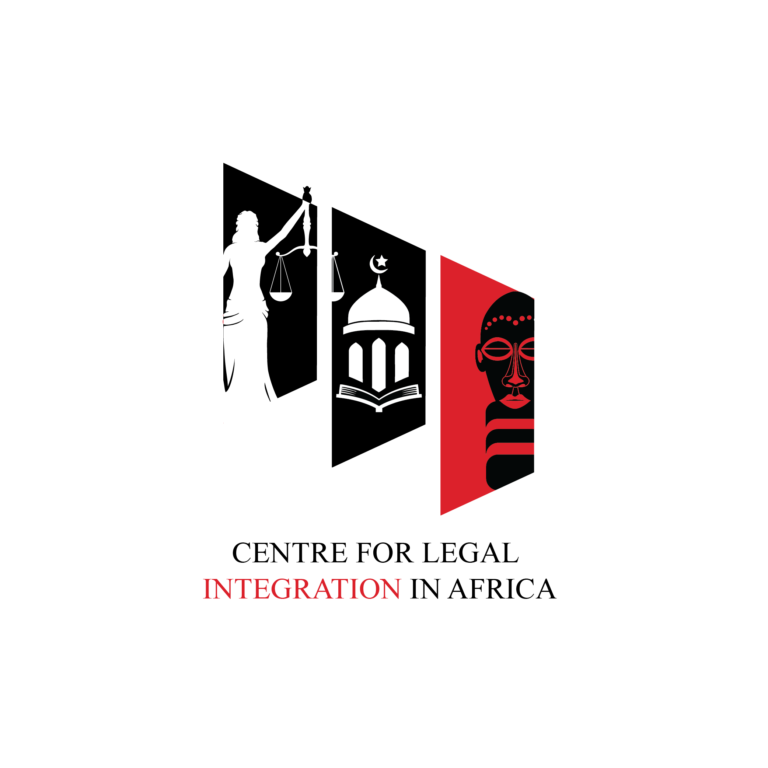
Centre for Legal Integration in Africa
Cape Town, South Africa
Joined February 2021
Joined February 2021
"CLIA pioneers interdisciplinary research, policy engagement, and social outreach on legal pluralism in Africa"
Presence in:
South Africa
Focus: Community / Customary Land Rights, Family, Peace-building & Transitional Justice, Right to Information, Traditional / Customary Justice, Women's Rights
CLIA pioneers interdisciplinary research, policy engagement and social outreach on legal pluralism in Africa. It targets development practitioners and policy makers such as judges, ministry of justice officials, traditional leaders and law reform commissions. Its thematic focus includes:
Research and publication
- Research on the interaction of state laws and indigenous African laws, including religious laws such as Hindu and Islamic laws, with the aim of legal integration in South Africa.
- Convene biennial conferences on themes related to the interaction of laws in Africa.
- Publications in scholarly outlets.
Intellectual capacity-building
- Coordinate quarterly seminars on African customary law by staff and postgraduate students from neighbouring universities.
- Convene regular guest lectures by local and international experts in legal pluralism.
- Initiate research visits and exchanges.
- Organise biannual empirical methodology workshops for academic staff and students.
- Offer internships to postgraduate and undergraduate students in the Faculty of Law.
Teaching and supervision
- Implement a niche postgraduate programme, Legal Pluralism and Family Law in Africa.
- Supervise masters and doctoral students on themes related to legal pluralism, African customary law and religious legal systems.
- Mentor doctoral and postdoctoral fellows.
Outreach and advocacy
- Engage with law reform efforts.
- Provide a resource hub for government, civil society, scholars, and international organisations interested in legal integration in Africa.
- Advise development agents, business entities, and research organisations, in recognition that legal regulation is crucial to development.
- Engage with organs of the African Union such as the Economic, Social and Cultural Council and the Specialised Technical Committees.
- Partner with organisations that work on legal pluralism.
